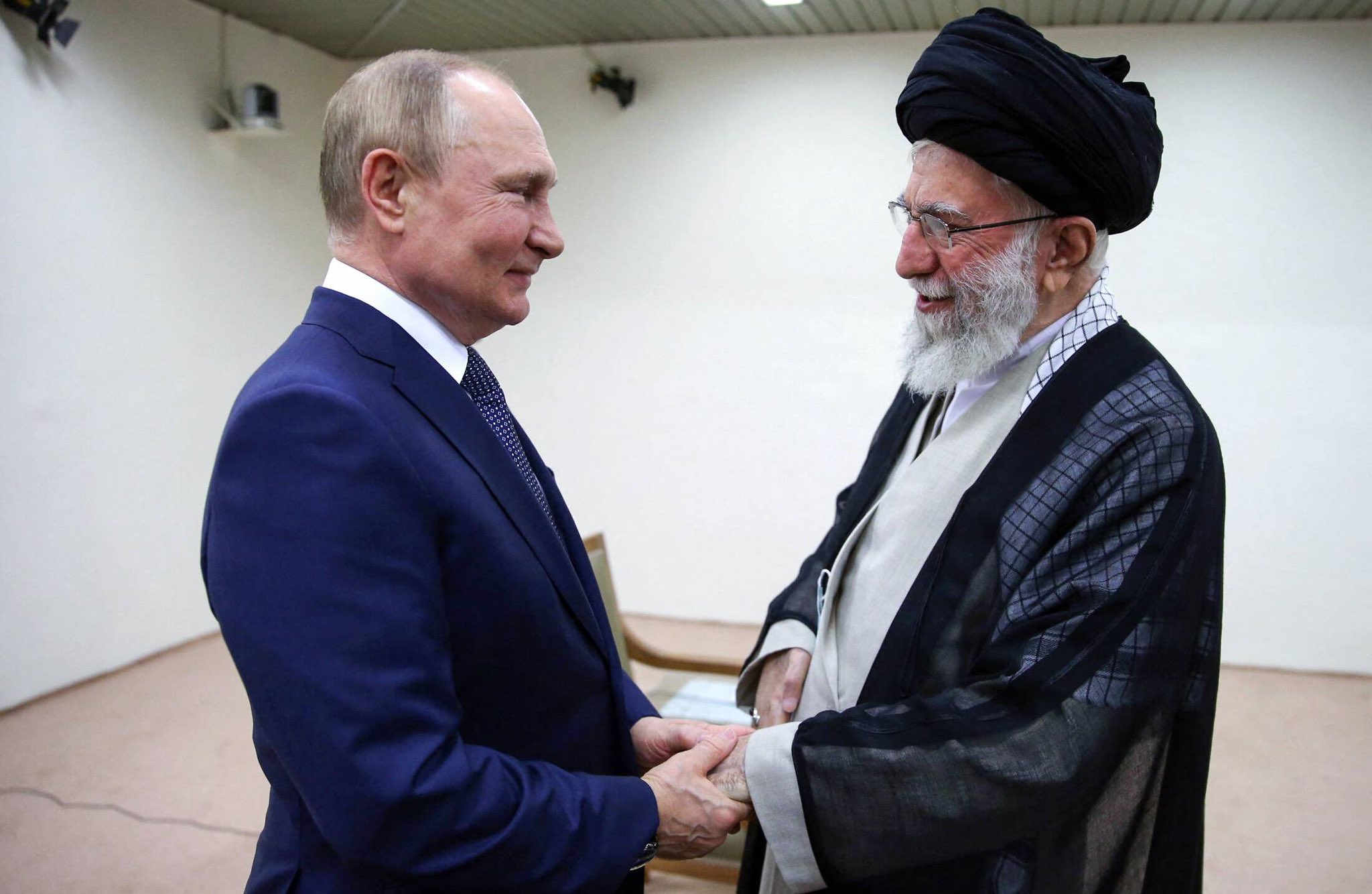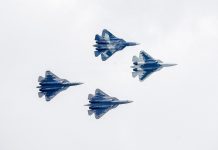Of all the countries overtly or covertly involved in the Israel-Hamas war, Iran and Russia stand out as much humiliated. They have had to bear the most significant shock to their prestige and profile.
Iran has been the prime motivator of Hamas’ war hysteria, though the role of Qatar, Pakistan, and Turkey in lending support to anti-Israel blitzkrieg shouldn’t be underestimated.
For a long time, Iran and Qatar have been supporting Hamas financially as well in providing arms and ammunition, part of which Hamas has been purchasing from other sources like China, Russia, and the Taliban.
Iran exclusively provided projectiles like rockets, missiles, and anti-tank missiles. Both Iran and Qatar have earmarked specific amounts in their budgetary allocations for the proxies that pursue an agenda of hurting American facilities.
Iran was in constant touch with Hamas soon after the October 7 unprovoked attack on Israel. Iranian foreign minister Adullahian was seen in visuals holding meetings with Ismail Hania, the Qatar-based Hamas supremo.
Iranian President Ali Khamenei often borrowed the cliché from his deceased patriarch (Ayatollah Khomeini) that “the sword was the gift of God to the Muslim.” The Ayatollahs have been brandishing swords all the time to assure the ummah that Iran is in the forefront of an armed clash with Israel or even with the US, the biggest supporter of Israel.
In one of my previous articles, I explained that Iran’s hostility against Israel is essentially rooted in Iran’s penchant for showing down ‘the people of the book’ meaning the Arab Islamists for not rising in unison to deface the existence of Israel from the face of the Earth as is ordained in their scripture. Otherwise, there is no reason why Iran should be inimical towards Israel.
The first impact of the rout of Hamas at the hands of Israel will be that Iran will have to shed its hostility that it is potential enough in the Middle East to dictate terms that are against the interests of the US. It will feel the far-reaching consequences of anti-Israel belligerence, which, in turn, will have a meaningful impact on Middle Eastern states.
The second impact of far more importance will be reactivating the anti-Ayatollah regime in Iran. In all probability, Iran will be heading towards something like a prolonged civil war in which the US and the free world must lend support to the revolutionaries.
Iran’s solid diaspora in the US and European countries will stand shoulder-to-shoulder with their beleaguered compatriots. The theocratic regime of Iran will collapse, and this talented nation will find an opening to keep pace with the modern scientific and technological world.
Iran will actively participate in the contemplated new land and sea connectivity between India and Europe via UAE, Saudi Arabia, Haifa (Israel), Sicily, and Europe.
This route will reduce the importance of the China-Pakistan CPEC because, firstly, the new route is physically viable as uninterruptible owing to severe weather conditions along the Himalayas. Therefore, China’s aspiration to maintain a grip on Afghanistan’s rich mineral resources, especially her copper mines, may never materialize.
The Beijing-fostered Saudi-Iran reconciliation will come under a cloud. Israel’s proven ability to demonstrate her military and administrative capability will be a factor for more Middle Eastern countries to visualize the smoothening of relations with Israel as a priority of their foreign policy.
Good relations with Israel would guarantee their material and educational development. Their talent will find recognition, which is highly curtailed by a profusion of traditional madrasahs and the outdated syllabus prescribed in them. The more Saudis tilt towards the US, the less the impact of China’s brokered friendship.
In all probability, the US will enforce a drastic change in its security arrangement in the Mediterranean region.
With the UAE and Saudi Arabia succeeding in jumping onto the US-Israel bandwagon and their effort of segregating Turkey from her feigned pro-Islamist role, the strategic scenario in the Dardanelles is likely to undergo a drastic change. Maybe the US will look for more strategic naval bases in the region.
Hamas’s debacle has given moments of exasperation to Russia. The Iranian-Russian alliance is a myth; all that sustains it is the commonality of anti-America animus. By announcing her sympathy with Hamas, Moscow has committed a folly for which it shall have to pay a price.

Henceforth, Russia stands in the group of state-sponsored terrorists, although for all reasons, Moscow needed to have given the Indian policy the respect it deserved.
The Middle East war has pushed the Ukraine war to the back burner, indeed, and Russia’s upper hand is almost certain by now. But it has left Moscow with some deep scars to recuperate from.
She will need time; as such, Russia is not in a position to de-prioritize the aftermath of Ukraine’s containment and poke its nose in what has befallen the warring states of the Middle East region.
China is embroiled in its economic recession and internal rivalry among seniors in the armed forces. Bureaucratic squabbles result in disappearances. A US$50-billion CPEC project has flopped, lending loans and grab land policy has met with failure, and some mega enterprises are performing poorly.
This entire scenario takes away the sheen from China’s flamboyancy. The entire watchful world today focuses on the Middle East and how things shape the region in the coming days.
- KN Pandita (Padma Shri) is the former director of the Center of Central Asian Studies at Kashmir University. Views Personal.
- Mail EurAsian Times at etdesk(at)eurasiantimes.com
- Follow EurAsian Times on Google News




